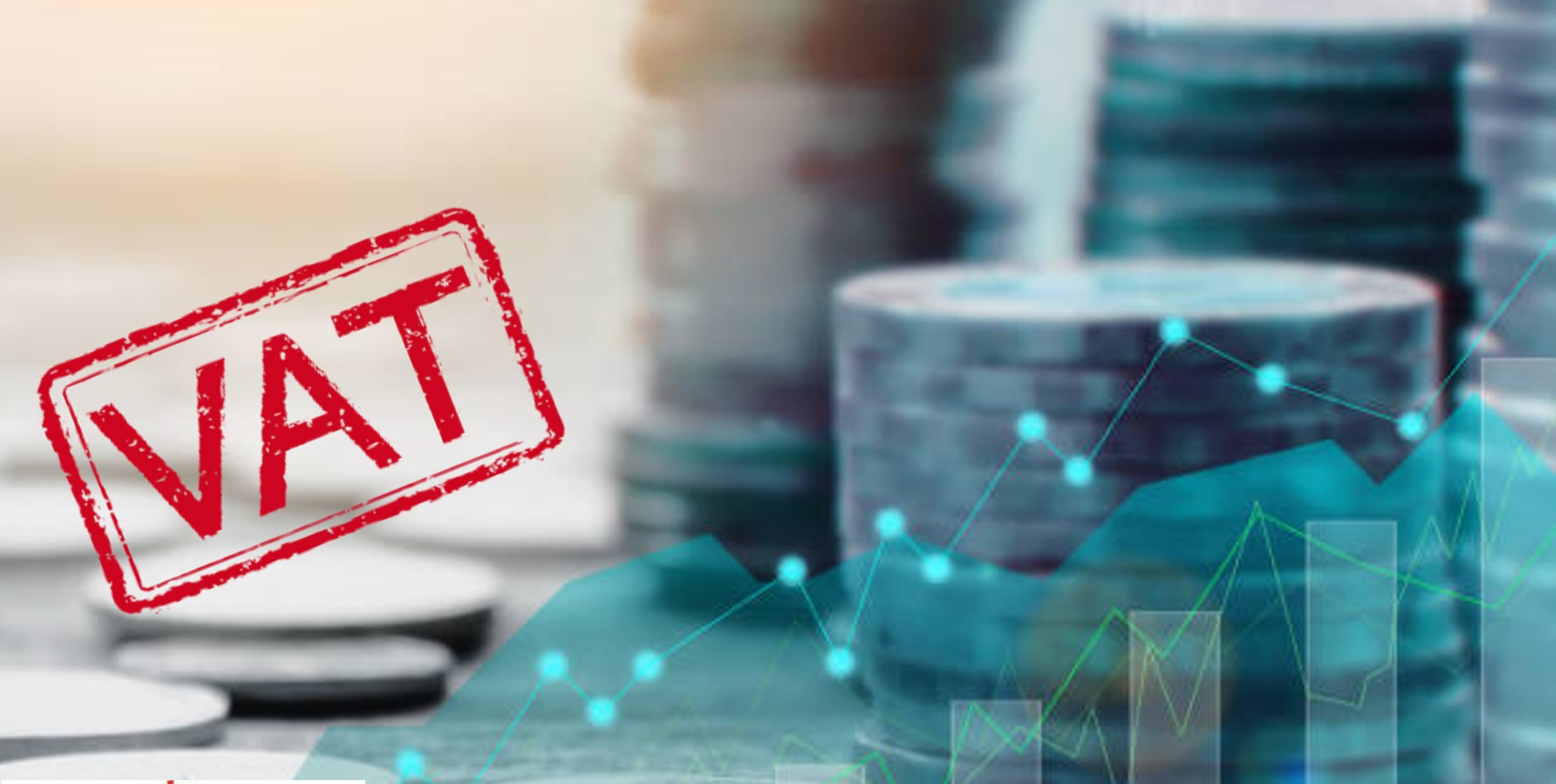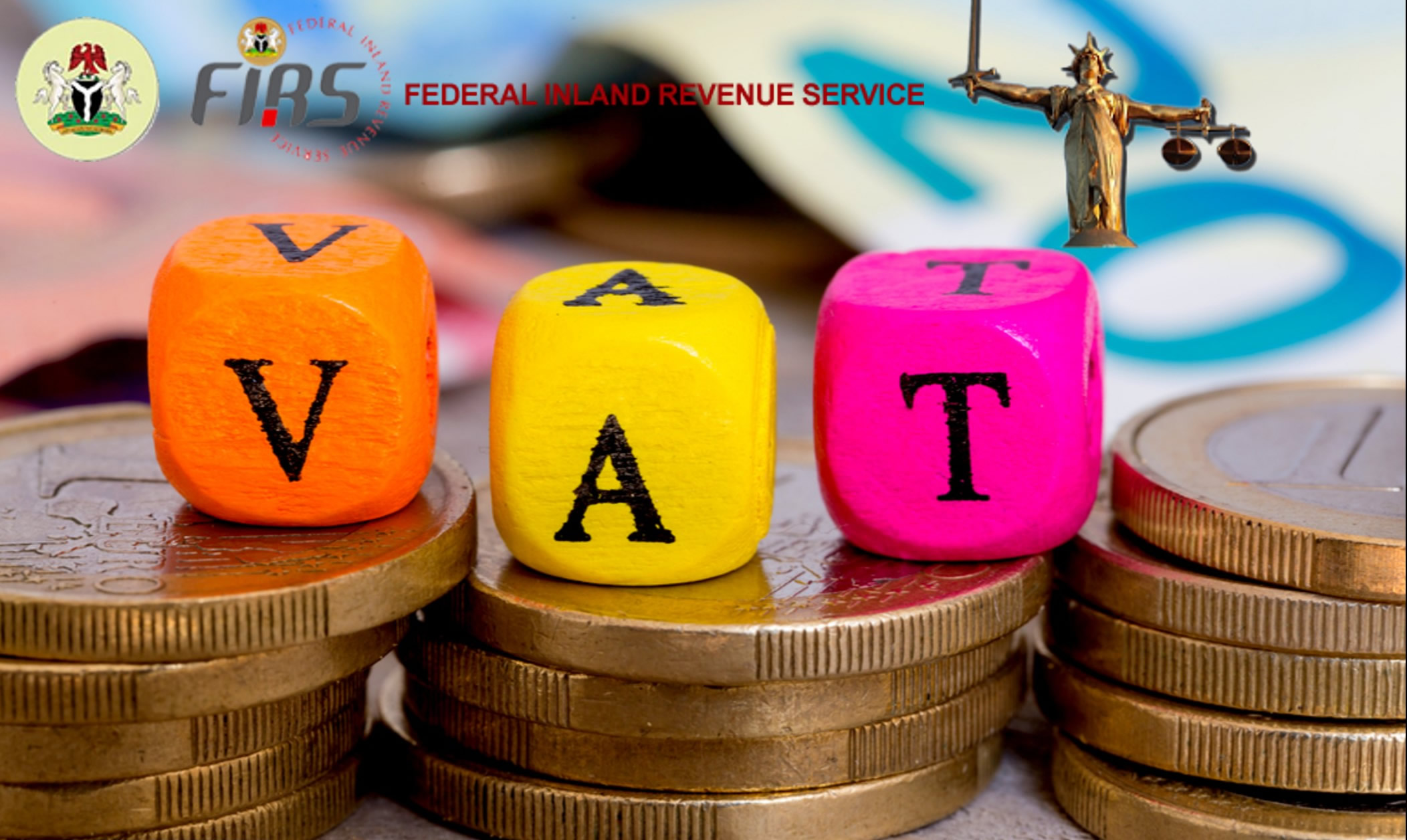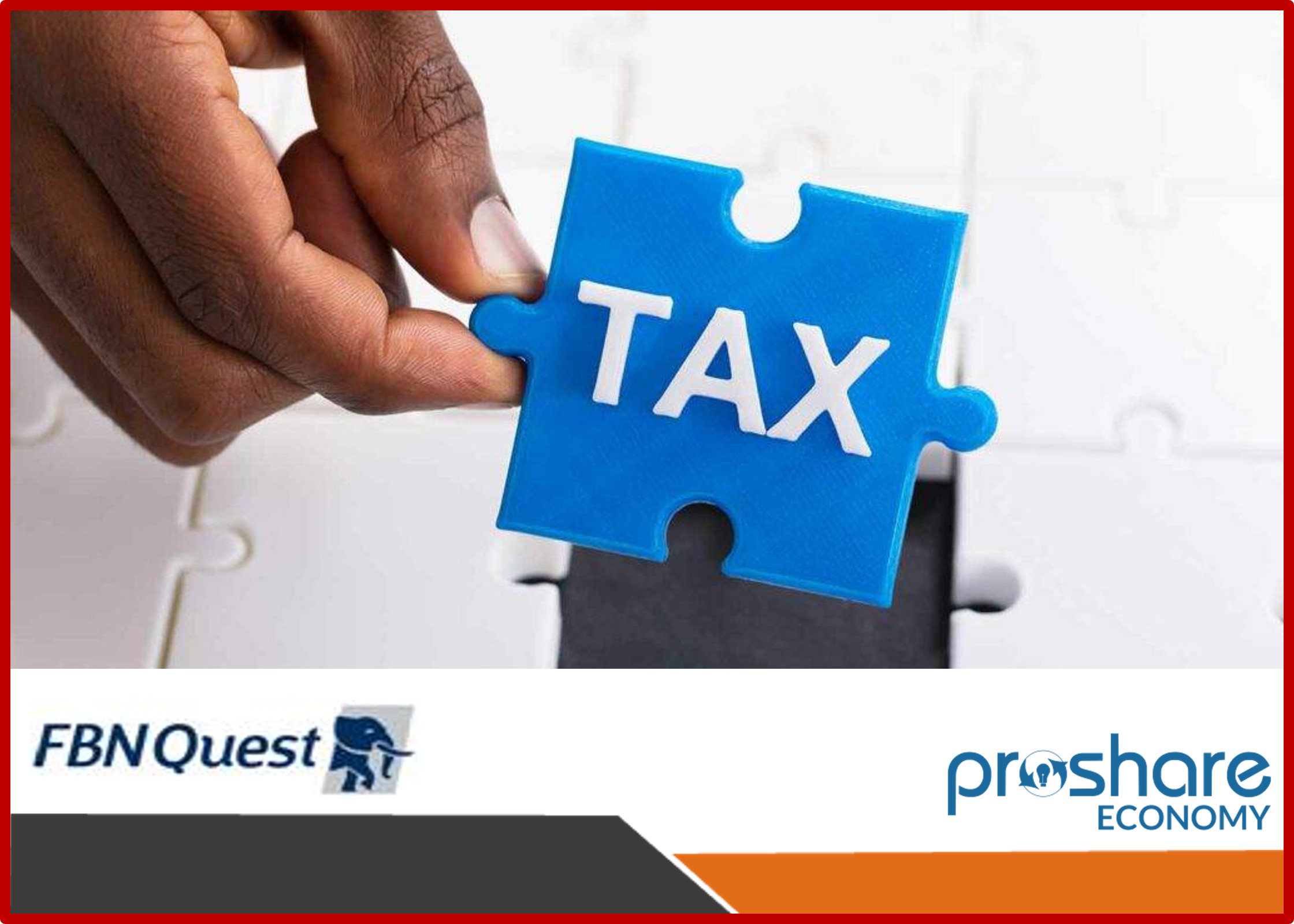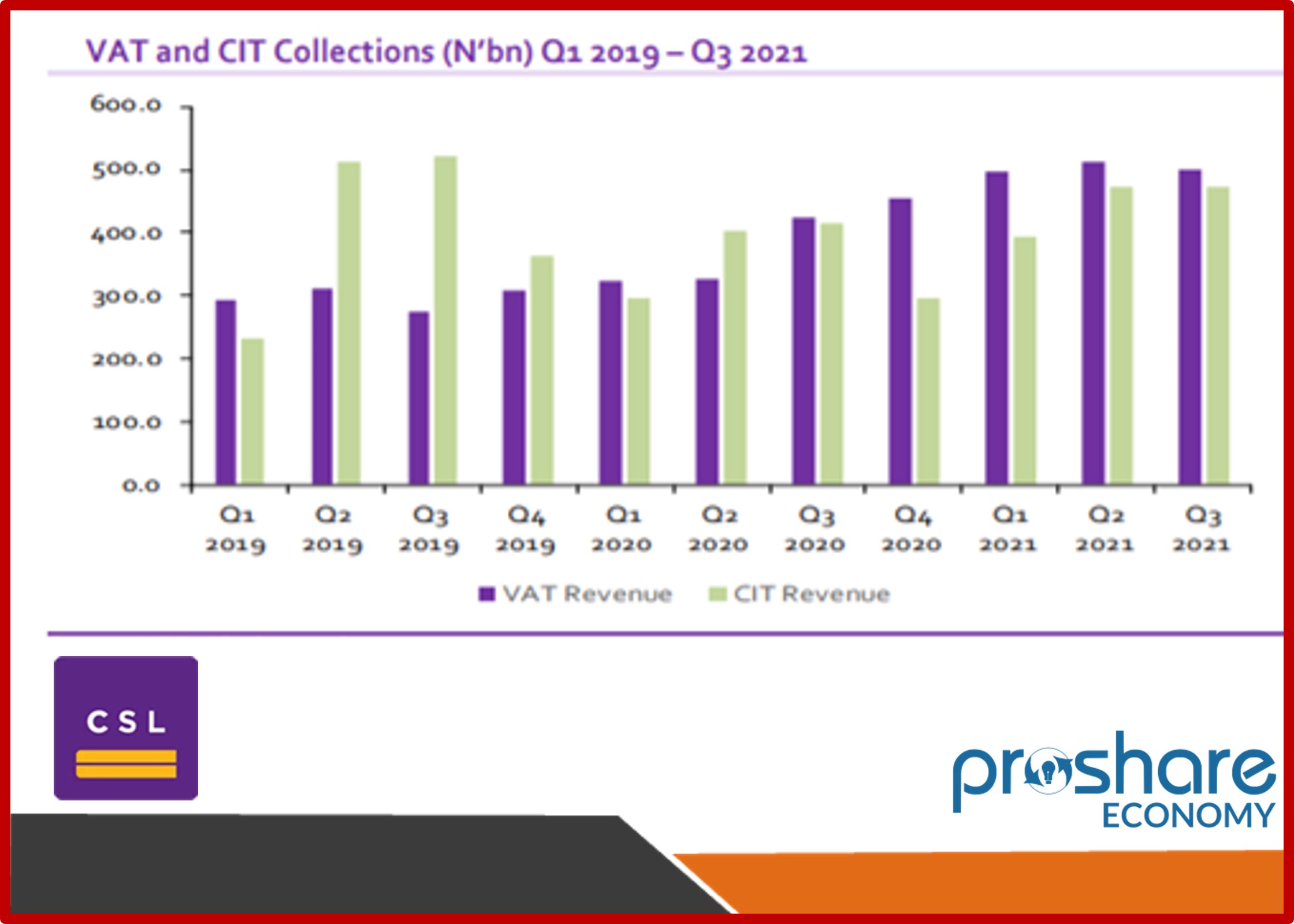The Federal Inland Revenue Service (“FIRS” or “the Service”) recently issued Information Circular No.: 2023/01 (“the Circular”) on Guidelines on the Withholding and Self-Account of Value Added Tax (VAT) (sic) pursuant to the provisions of the VAT Act Cap.V1 LFN 2004 (as amended).
The Circular provides guidelines on the administrative and compliance obligations of companies charged with the responsibility to withhold VAT at source and/ or self-account for VAT on taxable supplies, in line with the VAT Act.
We have provided a summary of the key aspects of the Circular below:
1. Obligation to withhold VAT from suppliers
Section 13(1) and (2) of the VAT Act requires all ministries, statutory bodies or other agency of government (MDAs) and companies operating in the oil and gas sector to withhold, collect and remit VAT due on all payments made to contractors. Further, Section 14(3) of the VAT Act empowers the FIRS to appoint any person as an agent for VAT collection purposes.
Based on Paragraph 3 of the Circular, MDAs, companies operating in the oil and gas sector and any person so appointed by the FIRS to withhold VAT at source from payments to vendors, contractors or suppliers are, in addition to other existing obligation under the VAT Act, required to:
• prepare a separate schedule showing the name, tax identification number (TIN), address of the vendor, contractor or supplier, gross amount of the invoice, VAT charged on the supply and the month of return, as prescribed in Section 13(3) of the VAT Act;
• deduct or withhold the VAT stated on the supplier’s invoice;
• remit the amount withheld directly to the Service in the currency of transaction, separately from VAT collected on sales made by the taxpayer; and
• file the return of VAT withheld using the relevant module provided on the FIRS’ TaxPro-Max (TPM) platform.
2. Obligation to self-account for VAT
Section 14(4) of the VAT Act requires a person to whom taxable supplies are made to self-account for VAT where no tax is charged on such invoice.
The Circular clarifies that such a person is required to:
• compute and self-charge the applicable VAT on the transaction;
• prepare a separate schedule showing the name, TIN and address of the vendor, contractor or supplier, gross amount of the invoice, amount of VAT self-charged and the relevant month of the return;
• file the VAT return and remit the self-charged VAT to the Service, in the currency of transaction, using the relevant module on the FIRS’ TPM platform or any module or format as may be prescribed by the Service.
3. Transaction involving two persons obligated to withhold VAT
The Circular clarifies that where a transaction involves any two persons directed or appointed to withhold VAT at source under Sections 13(1) and (2) or 14(3) of the VAT Act, the recipient of the taxable supplies shall be responsible for withholding, remitting and accounting for the VAT on such transaction
4. Transaction involving Non-Resident Suppliers (NRSs) and persons resident in Nigeria
4.1. Transactions between an unappointed NRS and a Nigerian resident taxpayer The Circular provides that where an NRS, not appointed by the FIRS, makes a taxable supply to a person in Nigeria (an appointed agent or otherwise), the Nigerian taxpayer shall have the obligation to withhold and/ or self-account for the VAT on that transaction.
4.2. Transaction between FIRS-appointed NRS and an appointed agent in Nigeria The Circular clarifies that where an appointed NRS makes a taxable supply to an appointed agent in Nigeria, the appointed NRS shall have the primary responsibility to collect the tax due and remit same to the FIRS. However, where the appointed NRS fails to charge, collect and/ or remit the applicable VAT on the transaction, the appointed agent in Nigeria is required to self-account for the VAT and remit same to the FIRS, in line with the provisions of Sections 10(3) and (4) of the VAT Act.
5. Accounting for VAT Withheld
The Circular requires a person that has the obligation to withhold VAT to maintain a “VAT Withheld Account” in its books separate from its regular “VAT Account”. The credits and debits on VAT withheld and remitted to the FIRS are to be recorded in the “VAT Withheld Account” and made available for audit upon request by the FIRS.
6. Remittance and filing obligation
All appointed agents are required to file a separate return on VAT withheld on or before the 21st day of the month following the transaction, in the currency of transaction, in line with Section 14(3) of the VAT Act.
The Circular further clarifies that all VAT returns and VAT withheld returns are to be filed on the TPM platform. Taxpayers, who are on-boarded on the VAT automation platforms (VAT auto-collect), are to remain connected to such platforms but continue to file their monthly returns on TPM.
It is important to note that returns in respect of VAT collected from customers are to be rendered separately from VAT withheld at source.
7. Claim of input VAT on withheld output VAT
Section 17 of the VAT Act permits the deduction of allowable input VAT paid by a supplier of taxable goods from its output VAT. The Circular clarifies that where the output VAT has been withheld by an MDA or company operating in the oil and gas industry or person appointed by the FIRS, the supplier should:
a) disclose the total output VAT collectible on all of its supplies in the VAT returns for the relevant months;
b) deduct the output VAT withheld at source from the total output VAT reported in its VAT return for the relevant month to arrive at a net output VAT position (i.e., output VAT collected);
c) deduct the allowable input VAT incurred on applicable supplies from the net output VAT to arrive at the net VAT payable;
d) utilise the amount refundable to offset future VAT liability; or e) request for a refund, where the allowable input VAT is not fully recovered from the output VAT on applicable supplies. The refund of the input VAT in excess of the output VAT will be treated in accordance with the guidelines for refund as stipulated in the VAT Act.
Further, the Circular notes that the allowable input VAT shall be limited to VAT incurred on goods purchased or imported directly for resale and goods which form the stock in trade used for the direct production of any new product as provided in Section 17(1) of the VAT Act (as amended).
Commentaries
We commend the FIRS for providing detailed clarifications on the administration and compliance obligations of taxpayers with respect to the withholding of and self-accounting for VAT regime. The examples provided in the Circular are relevant and address most of the possible transactions scenarios that the affected taxpayers may face in the course of their businesses. One scenario that needs to be re-evaluated is with respect to taxpayers that supply qualifying goods to the oil industry, banking sector, MDAs, and the appointed telecommunications companies.
These suppliers will be in a perpetual refund situation as their entire output VAT will be withheld at source. This is an unintended consequence of the applicable law. It will, therefore, not be fair and equitable, for them to be waiting for refund of the input VAT every month. Perhaps, the FIRS may allow the recipients of those goods to pay such taxpayers on presentation of the relevant approval letters from the FIRS to this effect. Notwithstanding, the clarifications provided in the Circular will help to resolve most of the issues around the obligations of the relevant parties and mitigate unnecessary disputes amongst taxpayers, appointed agents and the FIRS.
One other key area of concern for the affected taxpayers will be the timeline and modalities for the refund of excess VAT. It is important that the approved refund be made within the stipulated timeline in the Act or preferably not more than 21 days. Further, the FIRS should ensure that the special tax audit is restricted to the VAT refund sought by taxpayers and not extended to cover full scale audit as is the current practice.
The issue of funding the dedicated account for approved refunds has been a challenge, given the revenue challenge faced by government. It is, therefore, important that the FIRS Circular clarify the measures to be put in place to ensure prompt settlement of the refundable excess input VAT
Credits
* This statement was first published in the Issue 3.2/ March 2023 Newsletter of KPMG of Friday, March 24, 2023. For further enquiries, please contact the author, Adewale Ajayi via mail
 Lagos, NG • GMT +1
Lagos, NG • GMT +1











 410 views
410 views















 Sponsored Ad
Sponsored Ad
 Advertise with Us
Advertise with Us









